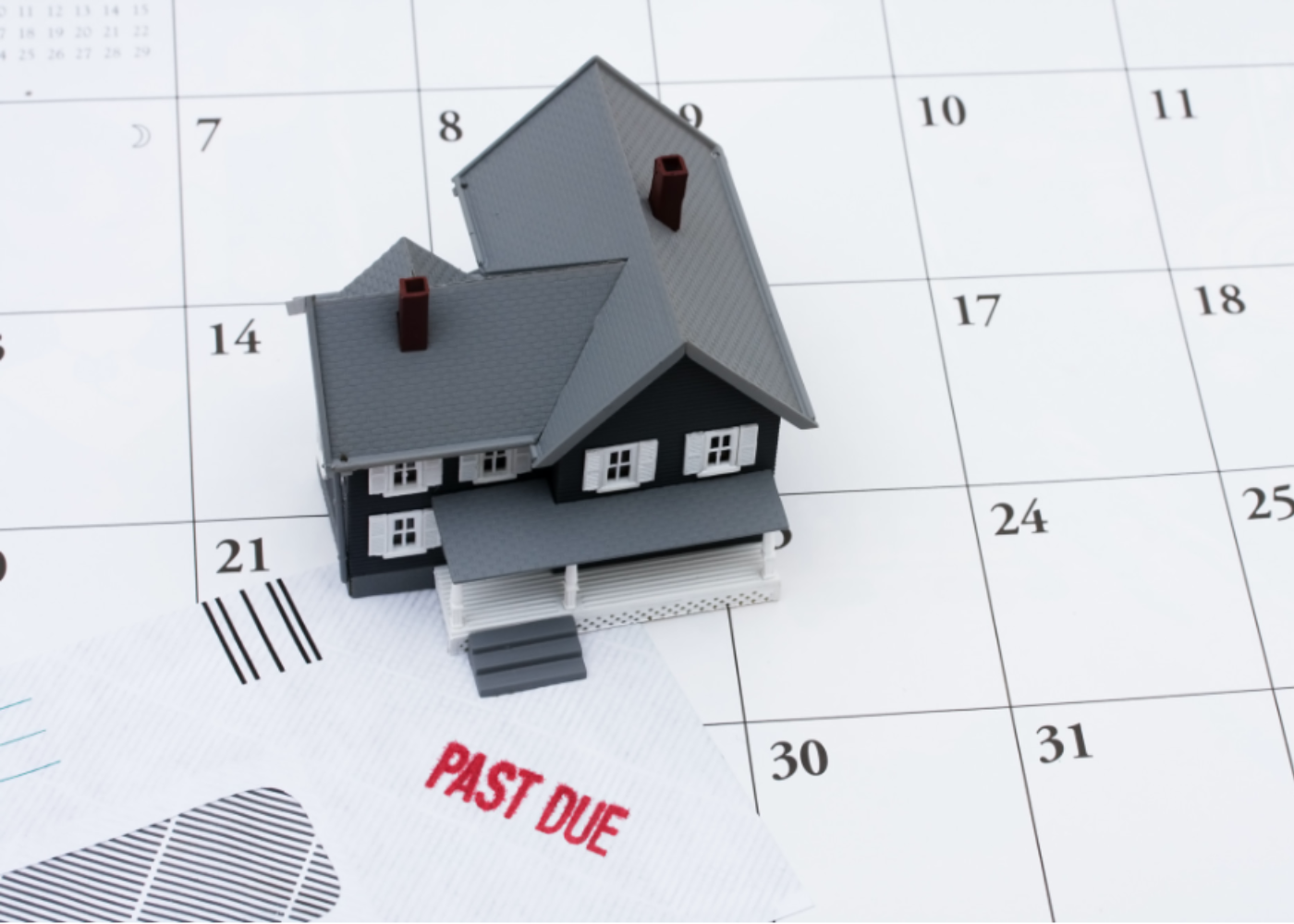
In 2021, California had the most bankruptcy filings, with nearly 40,000 filings. It’s not surprising since California has the largest population by state. Yet, when adjusting for population, California places 29th.
While it’s not the worst position to be in, California bankruptcy filings still stand at a significant number. Thankfully, the California Homestead Exemption provides some bankruptcy protection for residents.
This article will help you understand more about homestead protection and home refinancing options.
What Is the California Homestead Exemption?
The California Homestead Exemption allows for equity in a primary residence to survive bankruptcy. This means it helps Californians keep their home when filing for bankruptcy because it prevents certain creditors from pursuing the property.
The updated code protects either $300,000 or a single-family home’s countywide median sale price. In addition, homeowners can exempt up to $600,000 of equity in their homes. They will use the larger amount based on these two calculations.
To claim the total value of the exemption, you must have owned the property for at least 1,215 days before filing for bankruptcy. The exemption applies to primary residences such as a:
- Mobile home
- Boat
- Stock cooperative
- Community apartment
- Planned development
- Condominium
Further, the California Revenue and Taxation Code provides homeowners with savings on property taxes. Homeowners can claim up to $7,000 in reductions.
Can I Still Lose My Home During Bankruptcy?
Unfortunately, the homestead exemption doesn’t protect everyone from losing their primary residence during bankruptcy. This is especially true for mortgage holders and those with creditors who used the home for collateral.
If you fall into one of these categories, you want to think about refinancing your home to avoid foreclosure, defaulting, and bankruptcy.
Mortgage Forbearance
Mortgage forbearance is a temporary pause in mortgage payments. The break can be up to 12 months for federally backed loans. The lender needs to agree to these terms to reduce the costs in advance.
This is a great option for those who are about fall behind and need a break from payments to adjust their finances. You do not need to prove financial hardship and missed payments will not affect your credit score.
It’s an ideal temporary or short-term solution. The foreclosure process will stop during the forbearance period, but, you may need to pay a lump sum at the end of the period.
Loan Modification
Conversely, a loan modification will permanently change your loan’s original terms. Some common modifications include extending your repayment terms or lowering your interest rate.
To qualify for a loan modification, you need to prove you’re about to fall behind on your payments or have already defaulted on your mortgage.
This is a long-term solution. If you keep making payments on time, it will not impact your credit score.
However, missed payments could have a severe impact on your credit score and increase the risk of foreclosure.
Seek Out Professional Help
The California Homestead Exemption significantly helps homeowners during times of financial crisis, but, thousands will still face losing their primary residence because of a mortgage or other loan payment.


